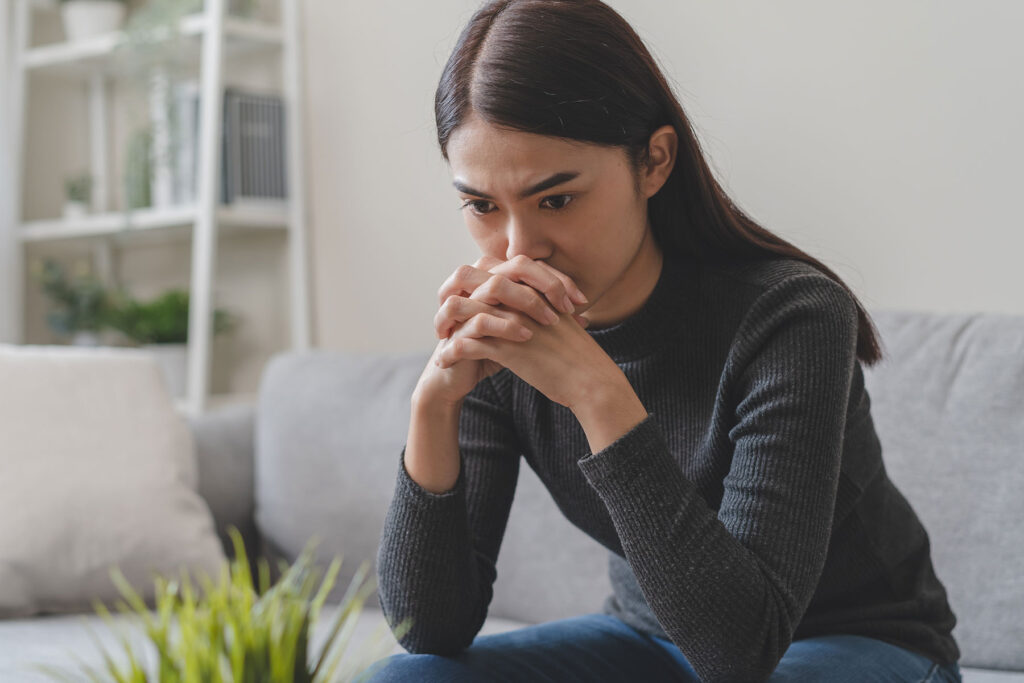At My 5 Palms, we provide comprehensive substance abuse treatment programs that are personalized and evidence-based, focusing on the unique needs of each individual. Our compassionate approach to mental health and addiction treatment has helped countless individuals achieve lifelong recovery and get answers to problematic questions, such as “Can marijuana cause psychosis?” or “What is weed psychosis?” In recent years, the potential risks and benefits of marijuana use have become a topic of significant discussion. As more states legalize its use for medical and recreational purposes, understanding the impact of marijuana on mental health becomes increasingly important.
Contact My 5 Palms online or call 1.844.675.1022 to speak with someone from our experienced and knowledgeable team about these queries and how we can help you or a loved one overcome substance abuse.
What Is Marijuana?
Marijuana, also known as weed or cannabis, is a plant-based substance that contains hundreds of chemical compounds, including delta-9-tetrahydrocannabinol (THC) and cannabidiol (CBD). THC is responsible for the high associated with marijuana use, while CBD has been related to potential therapeutic benefits.
Is Marijuana Addictive?
While marijuana is often perceived as a harmless substance, it does have the potential for addiction. Studies have shown that approximately 30% of marijuana users may develop some degree of marijuana use disorder, which can range from mild to severe. This condition is characterized by compulsive use despite harmful consequences and cravings for the drug. In extreme cases, it can take the form of addiction. This risk is exceptionally high in individuals who begin using marijuana in their teens.
What Are the Signs of Marijuana Abuse?
Some signs of marijuana abuse include:
- Needing more marijuana to achieve the same effects
- Spending significant time and energy obtaining and using marijuana
- Continuing to use marijuana despite negative consequences
- Experiencing withdrawal symptoms when not using marijuana
Some individuals may also experience weed psychosis, a severe and potentially dangerous condition that can occur in some individuals who use marijuana.
Can Marijuana Cause Psychosis?
Research suggests that there may indeed be a link between marijuana use and psychosis. Psychosis is a mental health condition characterized by a disconnection from reality. Symptoms can include hallucinations, delusions, and disorganized thinking.
Weed psychosis can occur in heavy users or those with a predisposition to mental health issues. While not everyone who uses marijuana will experience psychosis, the risk is significantly increased in those who consume high-potency strains or use the drug frequently. This is why substance abuse treatment is crucial for individuals who struggle with marijuana use.
Why Is Substance Abuse Treatment Essential?
Substance abuse treatment plays a vital role in managing and overcoming marijuana abuse and any associated mental health issues, such as psychosis. At My 5 Palms, we offer a variety of tailored treatment programs and various therapies that address the complex nature of addiction and co-occurring mental health conditions—such as group counseling and cognitive-behavioral therapy (CBT).
Our compassionate and professional approach ensures that each individual receives the care they need to achieve recovery and maintain their mental health in the long term. From medical detox and individual therapy to group support and aftercare planning, our programs are designed to address each person’s unique needs and provide them with the tools they need to heal.
Enroll in Substance Abuse Treatment at My 5 Palms in Florida
While marijuana use is becoming more common and accepted, it’s important to remember that it does come with potential risks. If you or a loved one are experiencing symptoms of weed psychosis or struggling with marijuana use, don’t hesitate to reach out for help. At My 5 Palms, we provide the support and treatment necessary to overcome these challenges and move toward a healthier future. Contact us online or call 1.844.675.1022 today to learn more about our personalized, evidence-based treatment programs.

